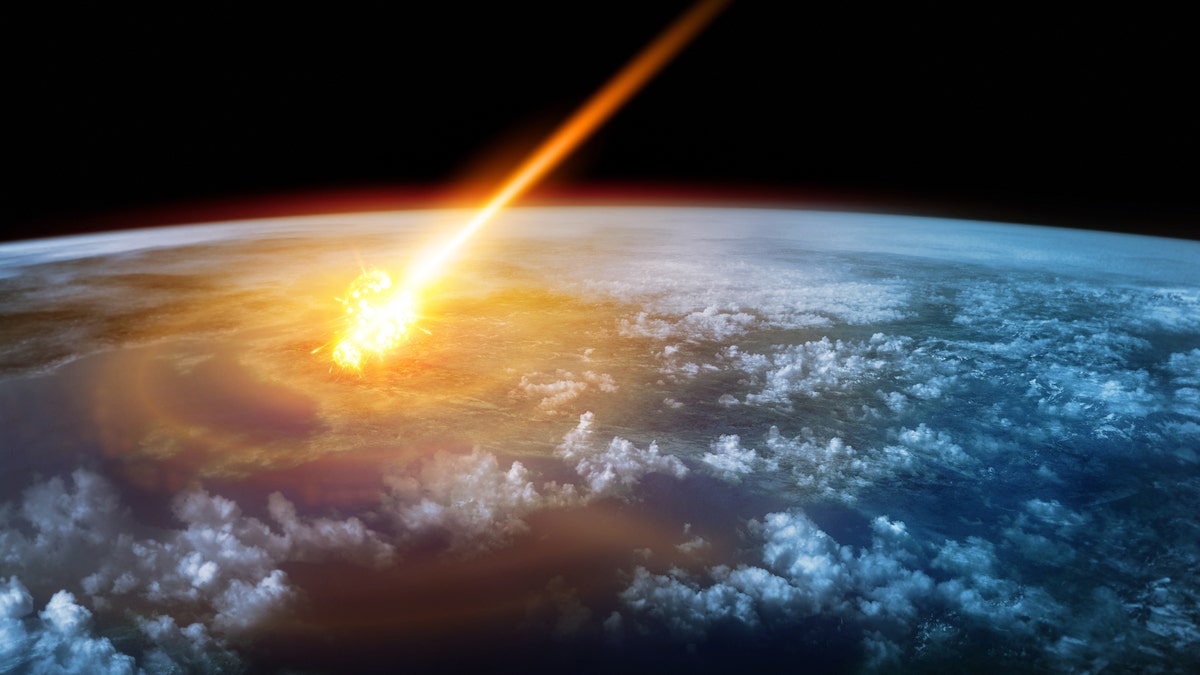
The researchers noted that the impact tsunami in the Yucatán Peninsula was 2,600 times more energetic than the Indian Ocean tsunami in December 2004, one of the largest tsunamis recorded in modern history. (James Thew (iStock))
Dinosaurs went extinct 65 million years ago because of a massive asteroid that hit the Earth in the Yucatán Peninsula in Mexico, now known as the Chicxulub crater. While it's been generally accepted that the asteroid caused a massive disruption in the planet's climate, a new study says the asteroid also caused a worldwide tsunami that reached more than 5,000 feet in the air.
The research, presented at the American Geophysical Union's annual meeting on Dec. 14, suggests that the tsunami impact started in the Gulf of Mexico and quickly spread from there. "The impact tsunami spread quickly out of the Gulf of Mexico into the Atlantic and through the Central American seaway into the Pacific within the first 24 hours," the study's abstract reads. "Wave reflection and refraction create a more complex tsunami propagation pattern by 48 hours post-impact."
Led by researcher Molly Range from the University of Michigan, the researchers noted that the "impact not only had major effects on the global atmosphere and biosphere, it also created a tsunami of such magnitude that its effect is felt across much of the world ocean."
CLICK HERE TO GET THE FOX NEWS APP
Believed to be nine miles wide, the asteroid caused a global tsunami, "the likes of which have not been seen in modern history," Range said in comments obtained by LiveScience.
The space rock hit the shallow water in the Peninsula. The model ran what happened in the 10 minutes after impact. At that point, no water had entered the crater, due to the size and scope of the impact, but soon afterward, water began to rush back into the crater and "may have disturbed sediments over 6,000 km (3,728 miles) from the impact origin," the abstract added.
The paper, which has yet to be published in a peer-reviewed journal, was first reported by EOS in December 2018.
Range and her advisors realized that no one had done any research on whether the impact of the asteroid had caused a tsunami and when they ran the model, they found evidence of a global event.
"We found that this tsunami moved throughout the entire ocean, in every ocean basin," Range said in comments obtained by LiveScience. After the initial wave, other waves rocked the planet, the researchers added.
The researchers noted that the impact tsunami in the Yucatán Peninsula was 2,600 times more energetic than the Indian Ocean tsunami in December 2004, one of the largest tsunamis recorded in modern history.
Follow Chris Ciaccia on Twitter @Chris_Ciaccia








































